by ANGERIA RIGAMONTI di CUTÒ
In 1957, the historian Hugh Trevor-Roper described Iraq as “efficient, energetic, prosperous, complacent: a Levantine Switzerland”, a description that is now almost impossible to fathom given the later succession of atrocities beleaguering the country – sectarian violence, chemical warfare, a US-led invasion waged on spurious evidence, and Islamic State’s subsequent onslaught.
With the photography of Latif Al Ani (b1932), to some extent, seeing is believing, in a series of images presenting scenes of what is often referred to as Iraq’s “golden age” of cosmopolitanism, enabled by the flourishing oil industry, a crucial factor in the country’s burgeoning prosperity.
Al Ani’s photographs recall Pathé’s earlier documentary Ageless Iraq, with its similarly halcyon images of horseracing, music, and boats languidly sailing along a canal in Basra. Al Ani’s early photographs were commissioned by the Iraq Petroleum Company and, like Pathé’s film, convey an apparently untroubled process of modernisation: shepherds strolling with their flocks alongside electricity pylons, dam-building, women with heads uncovered playing sports, studying and working.
To what extent “modernisation” was synonymous with “westernisation” in this context is debatable, as is the extent to which Al Ani’s images, like the Pathé documentary, can be considered propagandistic.
Angeria Rigamonti di Cutò: A crucial aspect of your photographs is their recording of a lost world, an especially poignant loss given the grim fate of Iraq. At the time, did you sense an urgency to document something that would be destroyed and, if you had a kind of premonition, how did itaffect your work?
Latif Al Ani: I didn’t have a premonition, I was documenting for the sake of archiving. I never thought Iraq would arrive at what it has today.
LAA: It did as far as wanting to ensure that each image was beautiful, in addition to being documentary. I was always preoccupied with beauty.
LAA: I was selective as far as wanting to show a scene that the viewer would enjoy; I always thought about the viewer. What I excluded were things that I considered ugly or backward.
ARC: You also experimented with aerial photography, and the formal impact of those images is quite different. For example, you shot the Arch of Ctesiphon from a bird’s eye view, but also in closeup with a shepherd and his flock, and again with a Rabab player and an urbane American couple, with all three photos creating different meanings. Did an aerial viewpoint affect your way of seeing apart from, obviously, the visual result?
LAA: It enhanced my sense of beauty, because everything looks more beautiful from above. You are far from the earth and cannot see as much ugliness.
LAA: He gave me the impression of being an able leader, and I never imagined that things could become as bad as they did.
ARC: In the 60s, you also photographed the German Democratic Republic and various North American cities. In formal terms, those images are similar to your Iraqi ones. How did you experience those places, and were your photographic priorities the same?
ARC: You stopped photographing completely when taking pictures in public was no longer permitted under the regime. It must have been very difficult to end such an important part of your life, having produced such a remarkable body of work. Were you ever tempted to leave Iraq?
LAA: I was revulsed by the fact that holding a camera became a dangerous act, and I didn’t want to be a photographer any more. I left Iraq briefly, but came back because it is my home.
LAA: I think viewers are surprised or shocked when they see them in contrast to what they see of Iraq today. I hope that they make people think and feel the pain we feel, and get inspired to help Iraq have another “golden age”. I’m happy that my work has had the interest it has had, this late in my life.
A selection of Latif Al Ani’s photographs was exhibited at the end of last year, for the first time in the UK, by the Rüya Foundation at Coningsby Gallery, London.
Source: www.studiointernational.com/index.php/latif-al-ani-interview-photographer-i-never-thought-iraq-would-arrive-at-what-it-has-today

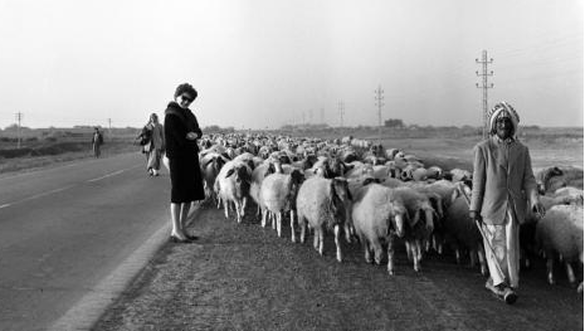
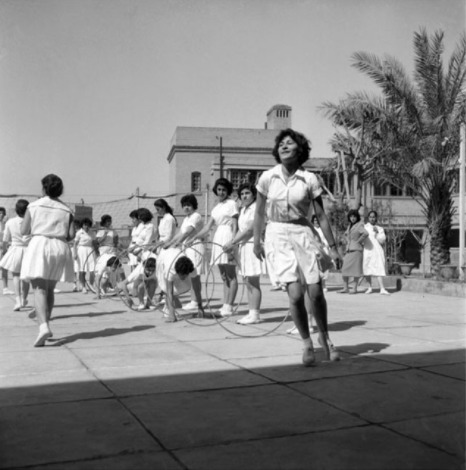
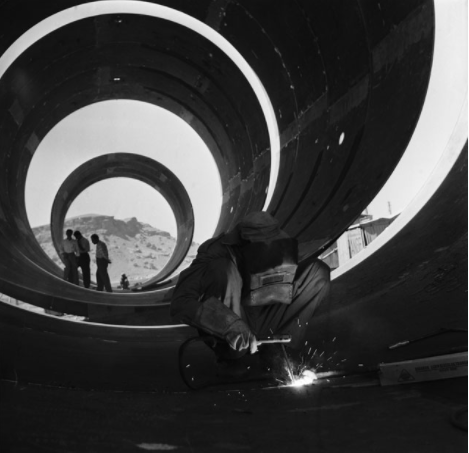
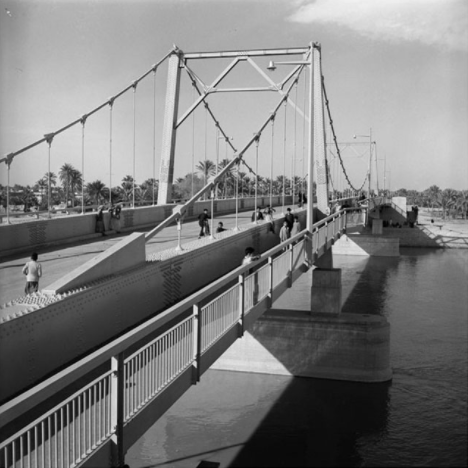
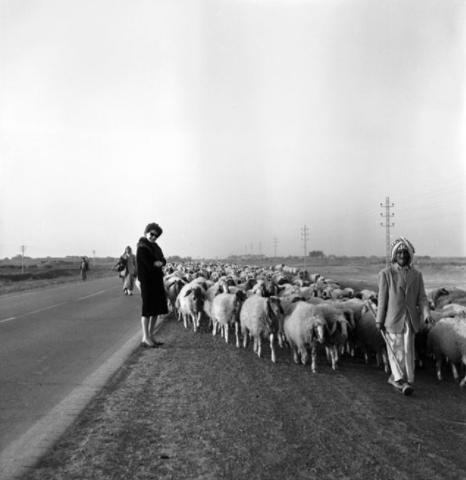
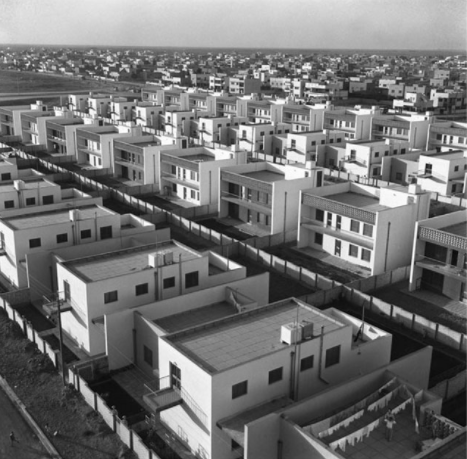
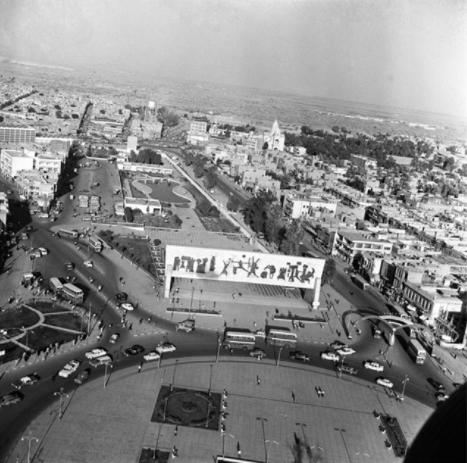
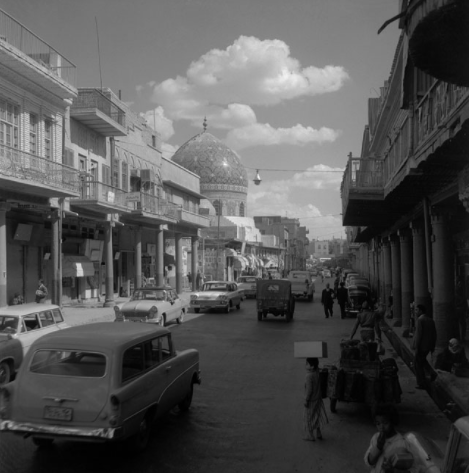
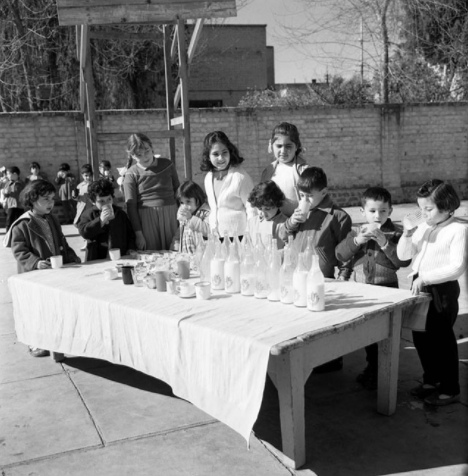
 RSS Feed
RSS Feed